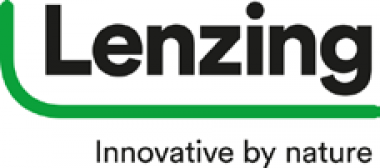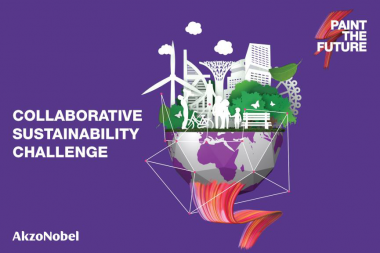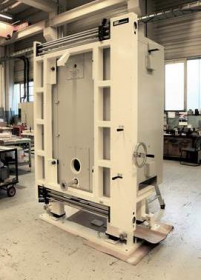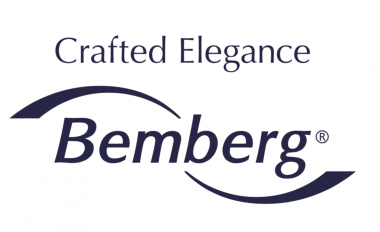ChemSec' Study: Consumer brands demand clarity on recycled plastics
A new interview study from NGO ChemSec shows that there is a gap between supply and demand when it comes to recycled materials, causing confusion and bottlenecks. Among other things, suppliers go out of their way using elaborate trade schemes to reach the coveted ”100% recycled” tag, which – it turns out – is not that important to consumer product brands. Far more crucial aspects, according to several major B2C companies, are:
- Honest communication towards customers
- Comprehensive information from suppliers
- Clear standards for recycled material
These are some of the conclusions from NGO ChemSec’s survey and interview study with 26 highly well-known consumer product brands. All brands responded to a survey concerning their current plastic use, as well as their needs, expectations and challenges regarding using more recycled material, to enable the shift to a circular economy for plastics.
Ten of the brands then participated in in-depth interviews on the same topics:, Essity, H&M, IKEA, Inditex , Lego, Mars, SC Johnson, Tarkett, Unilever and Walgreens Boots Alliance.
Is non-mechanical recycling the answer?
Only about ten percent of all discarded plastics is recycled today, which is of course not nearly enough to achieve a circular plastics economy. Despite ambitions and initiatives to reduce plastics use – replacing the materials with other, more sustainable ones – the “plastic tap” is not expected to be turned off anytime soon. Quite the opposite, which makes raising the recycling rates more important than ever.
Although commercially viable, traditional (mechanical) recycling is afflicted with severe flaws, such as legacy chemicals, quality and functionality issues, as well as the lack of clean and sorted waste streams. The brands cited quality and functionality issues as the main obstacles for using more recycled material in their products.
This opens up for non-mechanical recycling, sometimes referred to as chemical recycling, where the plastic is either dissolved or broken down into smaller building blocks. Harmful additives and other hazardous chemicals can be removed in the process, and a material comparable to virgin plastic can be achieved – at least in theory.
So far, however, non-mechanical recycling technologies are costly, energy-intensive, and often require the addition of a great deal of virgin plastic to work – the very material that needs to be phased out.
The chain of custody models needs to be detangled
Apart from these production issues, there is a wide range of chain of custody models surrounding non-mechanical recycling, including mass balance and book & claim, which enable trade of credits or certificates for recycled material.
This cuts the physical connection between input and output, making it possible for a supplier to sell a material as “100% recycled”, when the actual recycled content could be zero.
This is a major issue for the brands ChemSec has spoken to, who value honest and correct communication towards customers. It turns out, perhaps somewhat surprisingly, that being able to slap a “made from 100% recycled plastic” label on a product is not all that important to brands.
To the brands, a physical connection between input (the discarded plastic waste headed for recycling) and output (the product at least partially made from recycled plastics) is far more important.
A physical connection, along with correct and adequate information from suppliers, as well as clearer standards and guidelines than what is available today, is what brands require to increase the use of recycled material and move us closer to a circular economy for plastics.






































